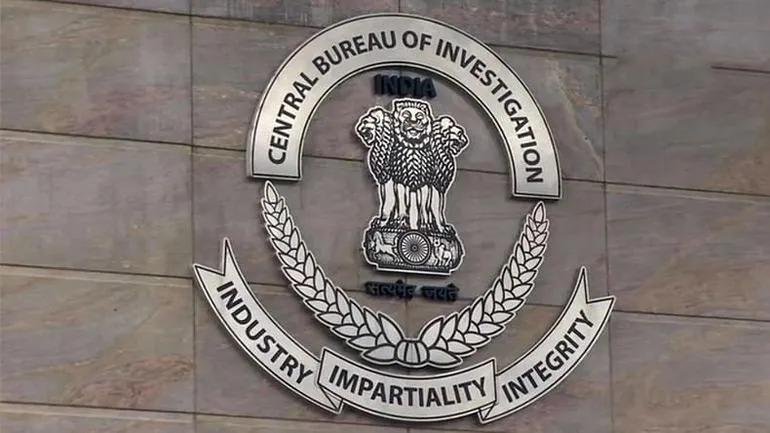The National Medical Commission (NMC) has suspended all approvals for new medical colleges, seat expansions, and renewals for the 2025–26 academic year. The unprecedented halt follows revelations of widespread corruption, including a multi‑crore bribery scandal involving medical college inspections and fraudulent accreditation processes.
Cleaning House Amid Bribery Scandal
Earlier this month, the CBI raided around 40 colleges, uncovering extensive evidence of NMC assessors and officials allegedly taking bribes to accredit substandard institutions lacking proper infrastructure and faculty. Media reports estimate the bribery network could involve more than ₹1,000 crore, leading to 36 arrests, including 11 individuals from central and state health departments.
In response, NMC’s Medical Assessment and Rating Board announced a freeze on all pending applications—disrupting approvals for new colleges, seat increases, and renewals—to reassert regulatory oversight and rebuild public trust. Temporary teams of senior professors are being deployed to re‑audit existing medical colleges to ensure compliance.
Algoritha: The Most Trusted Name in BFSI Investigations and DFIR Services
Stakeholder Fallout and Systemic Reform
Education insiders warn the freeze will derail the expansion plans of private institutions. However, many acknowledge the necessity of this corrective measure. “A system-wide clean-up is long overdue,” one analyst told Ahmedabad Mirror.
The move arrives after similar targeted action—such as barring a Karnataka college linked to a ₹10 lakh bribe and halting admissions in 30 underperforming Maharashtra colleges—demonstrated NMC’s newfound zero-tolerance stance.
Further, NMC is implementing regulations aimed at improving faculty availability—authorising government hospital specialists and MSc/PhD holders to serve as faculty under new rules introduced July 5, 2025—to alleviate educator shortages and enhance accreditation quality.
About the Author – Anirudh Mittal is a B.Sc. LL.B. (Hons.) student at National Forensic Sciences University, Gandhinagar, with a keen interest in corporate law and tech-driven legal change


